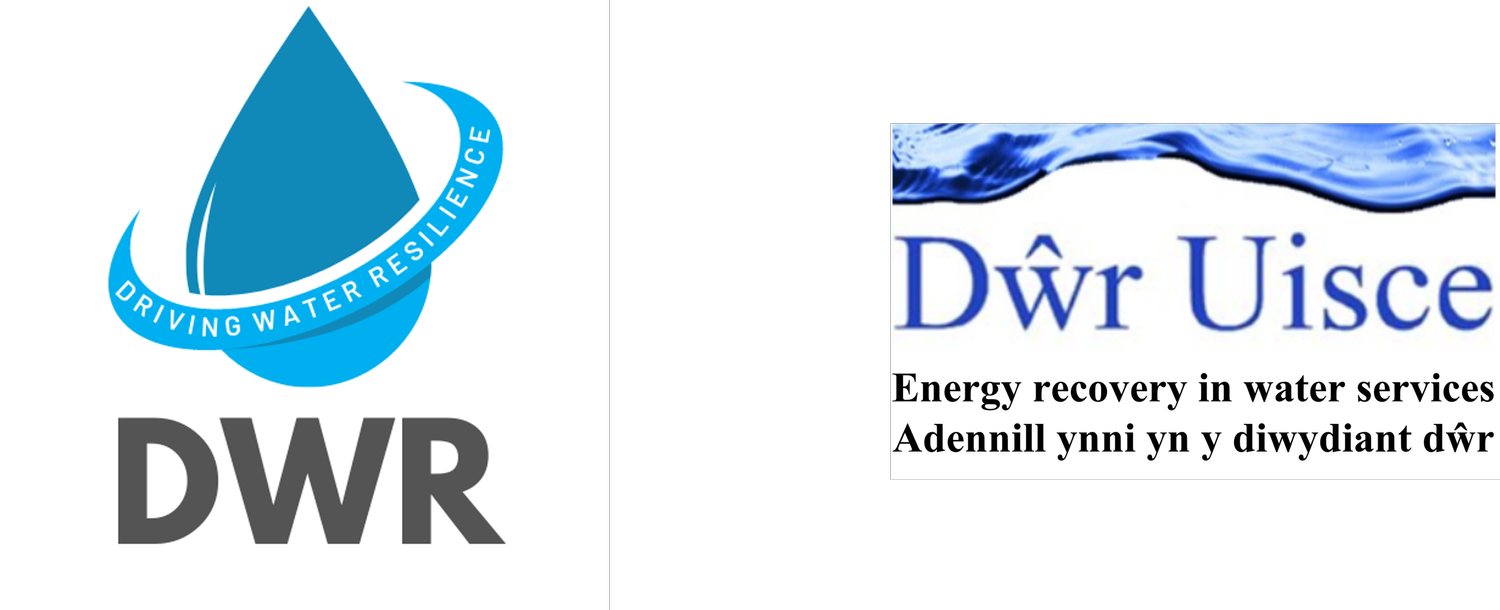Daniele Novara
When I first heard about the Dŵr Uisce project back in 2016, I was a MSc student in Portugal working on my final dissertation on the topic of hydropower energy recovery from water networks. Even if at the time I was planning to find a job in industry after graduation, I was immediately intrigued by the PhD position advertised at Trinity College Dublin. First of all, the topic was a perfect continuation of the research I was about to conclude with my MSc dissertation. And secondly, I found it extremely appealing that the work plan included a mix of theoretical studies and practical implementation of the technology in collaboration with a network of external partners.
Three months forward on an early September evening, I landed in Dublin ready for this new chapter of my life. While adjusting to life in the new country, I was pleased to get to know my colleagues and to find myself in a stimulating and relaxed working atmosphere. Sharing the office with a multicultural team of other researchers focused on different aspects of water and energy-related sustainability challenges was extremely gratifying, and I thoroughly enjoyed the social events, hikes, cycling trips and pub sorties. The frequent public events and team visits part of the Dŵr Uisce project allowed me do meet interesting people and discover the beautiful landscapes and culturally rich lands of Ireland and Wales.
Presenting on behalf of Dwr Uisce at an international conference
Within the many areas of research within the project, my work was focused on the development and implementation of a novel low-cost technology to recover energy from pressurized water pipes. On the one hand, the research effort involved academic connections and cooperation with other universities and research groups around the world working on similar technologies, which were developed thanks to a mix of online networking and conference attendance. On the other hand, equally important, the research also progressed through collaboration with industry and with potential end-users of the technology such as water utilities and landowners.
The inauguration of the Irish hydropower demonstration site
Once the first prototypes were tested in a lab environment at Trinity College, two partners were identified to roll out two full-scale Demonstration Sites: one turbine on an Irish drinking water network, and another one of similar size on a small rural hydropower scheme in mountainous Northern Wales.
In conclusion, I felt privileged to be part of a research project focused on extremely relevant topics of water and energy conservation and with a tangible lasting effect in terms of academic publications, established networks, best-practices dissemination and pilot plants installed in the field.


